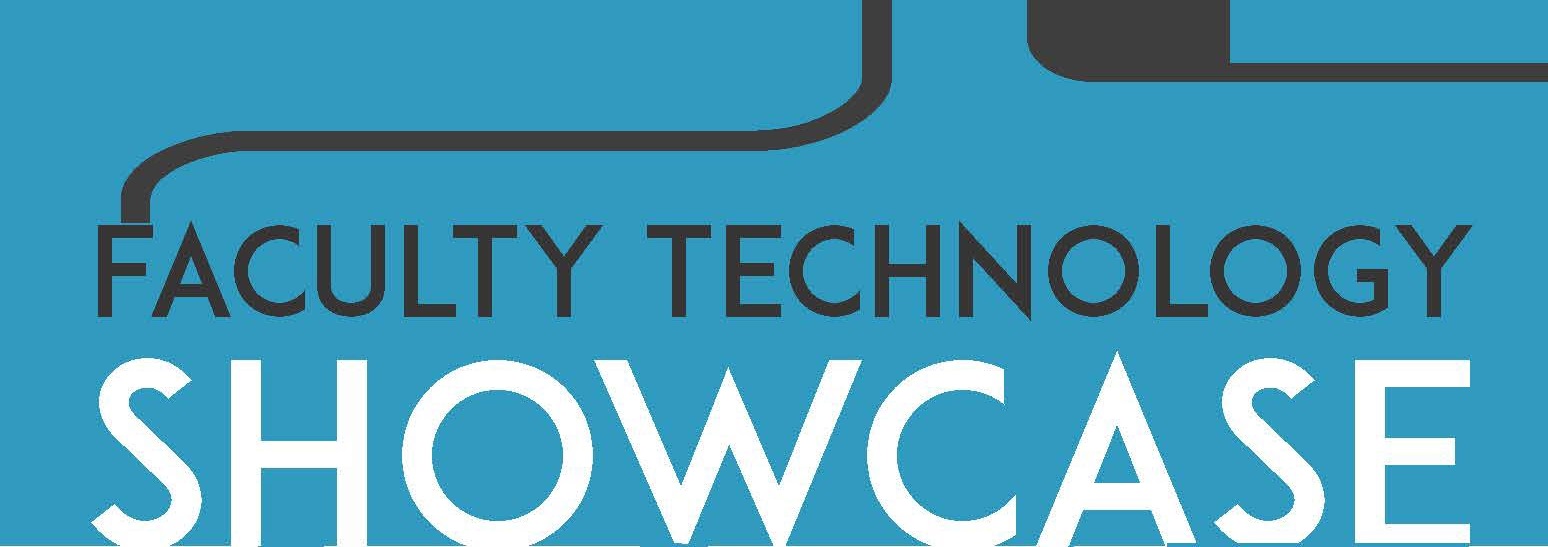
2017 Showcase
Creating an Online Ecology of Learning Part 1
Location
Heritage 210
Start Date
10-5-2017 11:10 AM
End Date
10-5-2017 11:30 AM
Description
The spiritual ecology of the church manifests the same connections and interactions that God’s created ecologies possess. Based on Paul’s understanding of our connections and interactions with one another, one could argue that Paul thinks of the Christian community as a collaboratory of relationships, worship, and ministry where God’s people visibly live out their identity as God’s spiritually networked ecology. Designing learning ecologies with this paradigm in mind creates opportunities for students to expand their growth and formation through reciprocity and collaborative learning.
Creating an Online Ecology of Learning Part 1
Heritage 210
The spiritual ecology of the church manifests the same connections and interactions that God’s created ecologies possess. Based on Paul’s understanding of our connections and interactions with one another, one could argue that Paul thinks of the Christian community as a collaboratory of relationships, worship, and ministry where God’s people visibly live out their identity as God’s spiritually networked ecology. Designing learning ecologies with this paradigm in mind creates opportunities for students to expand their growth and formation through reciprocity and collaborative learning.


